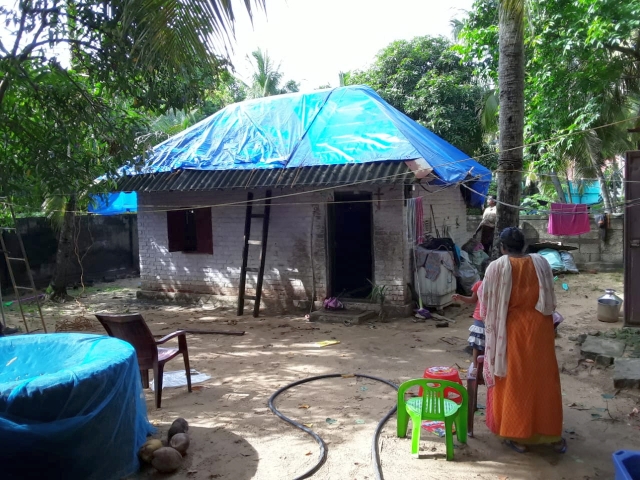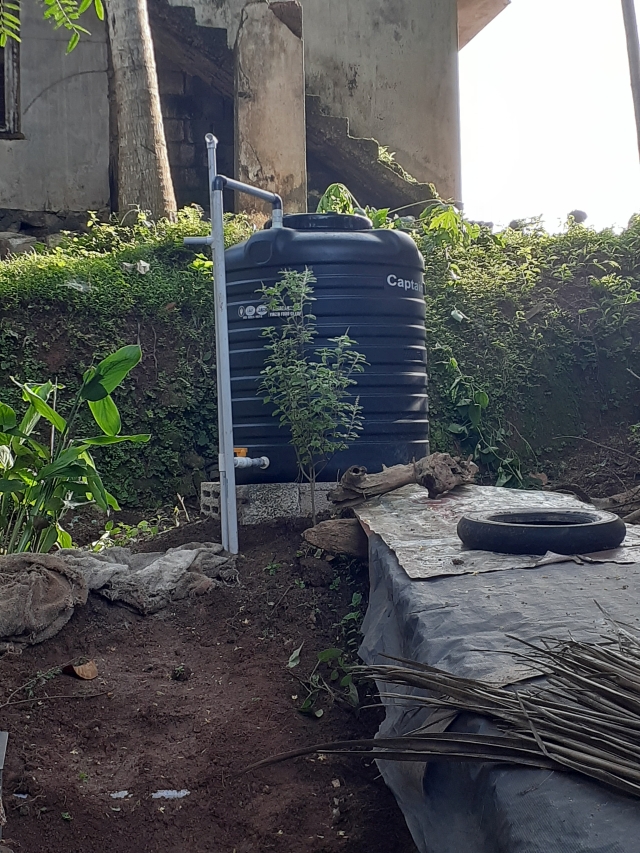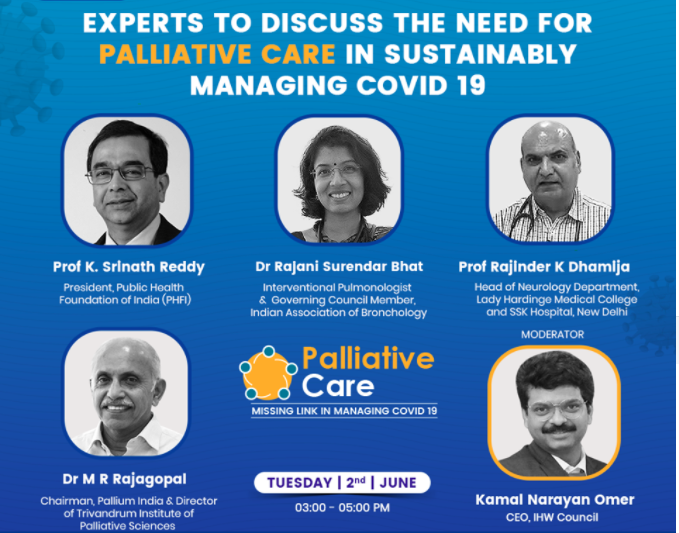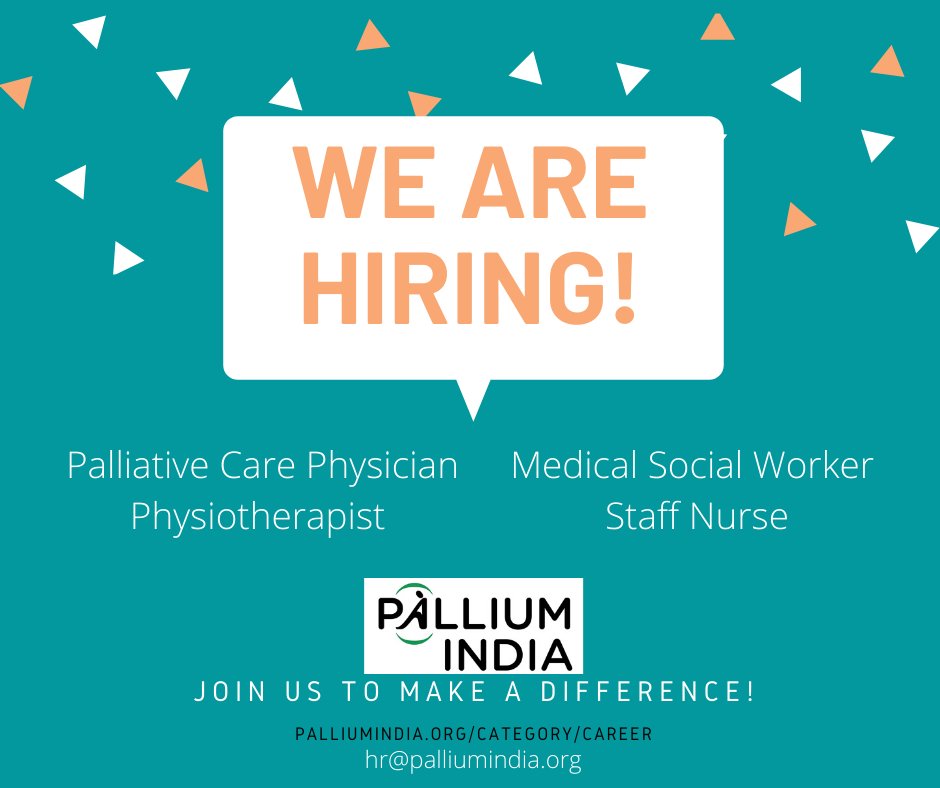July 2020

Dear friends
Over the last one month, we have seen the world change, day by day, week by week. Millions of facemasks struggle to save the human race from the onslaught of the novel Corona virus. Relationships have changed; world order has changed. By now, more than half a million people around the world have died, almost 17,000 of them in India. More than 10 million have been infected globally, 0.57 million of them are in India. And everyone, every single person in this world, has been affected by its impact.
There are statistics regarding the deaths; but none exists about the millions of people who are bereaved. At least two million people globally must have lost a loved one in the family, and for most of them the loss has been of an unbelievably cruel kind. Snatched away one instant to an isolation ward, never to be seen again alive. And not even a touch permitted even after death.
What would be the consequences? How many would be living with what we call pathological grief, unable to get out of the depths ever? Leave alone getting some support and compassion, many of them are shunned as possible carriers of the virus and cruelly stigmatised.
We are trying hard to develop a system to support the grieving. We shall try our best, we assure you.
ECHO: Online educational program on palliative care for doctors treating people with COVID-19
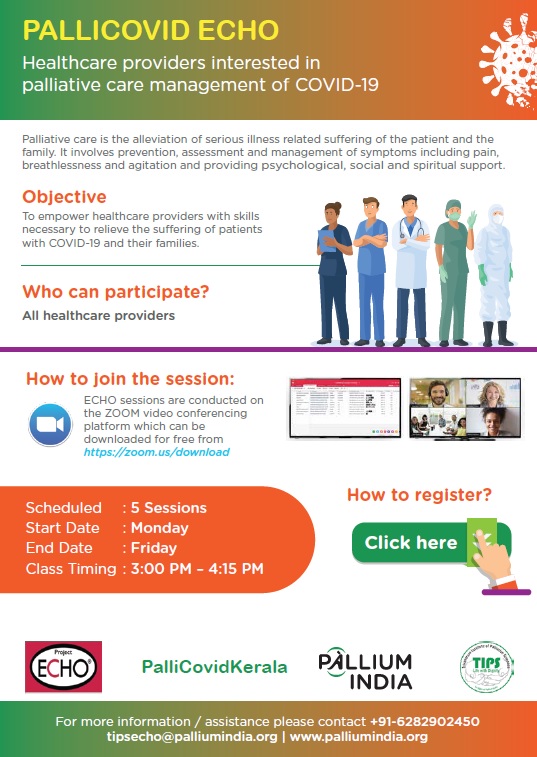
Since April 2020, 271 health care providers have gone through our online training on “palliative care in COVID-19”. Of them 182 were doctors and 57 were nurses. One course is currently on-going.
The next courses are scheduled for 13 July (in Hindi) and 20 July (in English). Each session runs for 75 minutes – from 3 PM to 4.15 PM from Monday to Friday. Majority of the attendees are Indians, though we have had participation from Nepal, Maldives, Sri Lanka, Ghana, Myanmar, Oman and Indonesia.
The program is run as a collaborative program between Pallium India and PallicovidKerala, a group of palliative care physicians. Click here to know more about this course. https://palliumindia.org/training/training-calender
It is gratifying to think that the lives of many people with COVID-19 will be a bit easier because of this training of their doctors in palliative care. And that in all those places several of the attendees have got so interested in palliative care as to join our online foundation course in palliative care. https://palliumindia.org/training/training-calender
Palliative care is a humanitarian response to the COVID-19 crisis. An online weekly programme offering palliative care skills is empowering healthcare workforce to deal with the patients in this time of pandemic. Express Healthcare writes: Providing palliative care skills to healthcare workforce
Palliative Care guidelines for COVID19 (Updated: May 27, 2020)
PallicovidKerala’s Palliative Care in COVID19- Resource Toolkit for Low and Middle Income Countries: E-Book (version 3) is aimed at health care professionals in their tireless battle against the pandemic. This document is the product of valuable inputs and discussion among national and overseas faculty. The E-book can be downloaded for FREE here:
Palliative Care in COVID19- Resource Toolkit for Low and Middle Income Countries: Ebook (v3)
Medical Dialogues: Managing COVID 19 Ratifies The Need For Palliative Care In Medical Curriculum.
Whether it is a pandemic or any other health issue like cancer or the frailty of old age, all dying people need not be and should not be subjected to artificial ventilation of the lungs. Covid-19 should prompt us to rethink human mortality. Read more: https://medicaldialogues.in/critical-care/perspective/perspective-managing-covid-19-ratifies-the-need-for-palliative-care-in-medical-curriculum-66262
Congratulations, Dr Sushma Bhatnagar and IAPC team
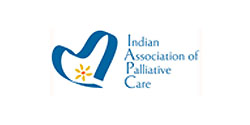
An important initiative was launched on 29 June 2020 by the Indian Association of Palliative Care (IAPC).
There are three institutions offering a postgraduate degree course in Palliative Medicine – Tata Memorial Hospital, Mumbai, All India Institute of Medical Sciences, New Delhi and Gujarat Cancer Research Institute at Ahmedabad. IAPC, led by Dr Sushma Bhatnagar as president and Dr Savita Butola as secretary, have initiated weekly online academic programs for doctors undergoing this course anywhere in India.
This online training program, conducted every Monday from 6.30a.m. to 7.30a.m., is open to other doctors in palliative care too. The number of MD trainees cannot be more than 30, but the course is being attended by about 95 doctors.
The opening session on 29 June 2020 was on management of intractable cancer pain and it opened by paying homage to several gurus – giants on whose shoulders we all stand today – Dame Cicely Saunders, Dr Lucito Desouza, Ms Gilly Burn, Dr Robert Twycross, Dr Jan Stjernsward, Ms Val Hunkin, Dr Mohan Bhatia and Mr David Joranson.
Click here to view the complete schedule of the training program.
Ventilators can heal but also harm
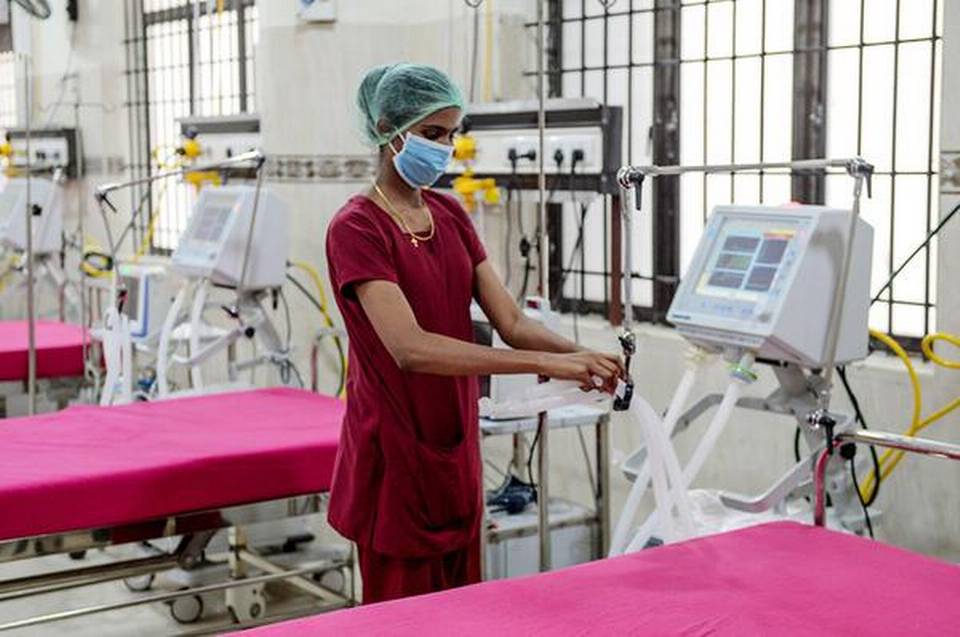
“A published study based on the experience in 12 New York hospitals showed that only 11.9% of 320 patients survived, in whom ventilators were used and the treatment had come to a logical conclusion (discharge or death of the patient).”
In an article titled “Ventilators can heal but also harm” published in The Hindu on 6 June 2020, Dr M. R. Rajagopal writes that to counter COVID-19 breathlessness, ventilators are not the panacea. In some situations, they will not help and may do harm.
Photo Credit: ARUN SANKAR, The Hindu
How are basic ethical principles violated in COVID-19?

Many unique features of COVID-19 challenge the fundamental ethical principles of autonomy, beneficence, non-maleficence and justice. It is important to focus on the primary duty of the healthcare provider to mitigate suffering.
Many elements of suffering presented by COVID-19 need to be overcome with a strategy focusing on health-related suffering. Attention to symptom control can be ensured by online education of treating doctors and by making essential medicines available, including controlled medicines. Much psychosocial suffering can be lessened by equipping healthcare providers with the required training, by recruitment and empowerment of medical social workers or counsellors, and by the use of technology including mobile phones. For the dying and their families, a final farewell at least with a telephone conversation would ease the ache of the loss somewhat. Amidst all the horror of the abrupt loss, such a conversation could well be one that brings a little peace to the dying and a precious memory for the bereaved family to cherish.
Read the article by Dr M. R. Rajagopal in Indian Journal of Medical Ethics. To comfort always: Are we ignoring this duty in Covid protocols?
The Changemakers features Dr Rajagopal
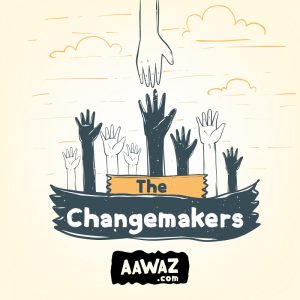
“Getting the care across to people where they are and when they need it is an important thing and this we do through community support.”
Dr M. R. Rajagopal speaks to Aawaz.com on The Changemakers. Please listen: https://www.aawaz.com/en/listen/the-changemakers/323929/
Pragati Podcast with Pavan Srinath
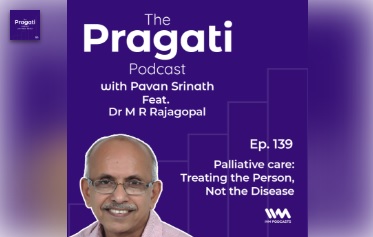
When treatments are likely to be futile, “we have to accept death as an inevitable consequence of life, and allow a human being to leave burden with as much comfort, love & integrity as possible.”
Dr M R Rajagopal speaks to Pavan Srinath on the Pragati podcast about Palliative Care
We are all in this together.
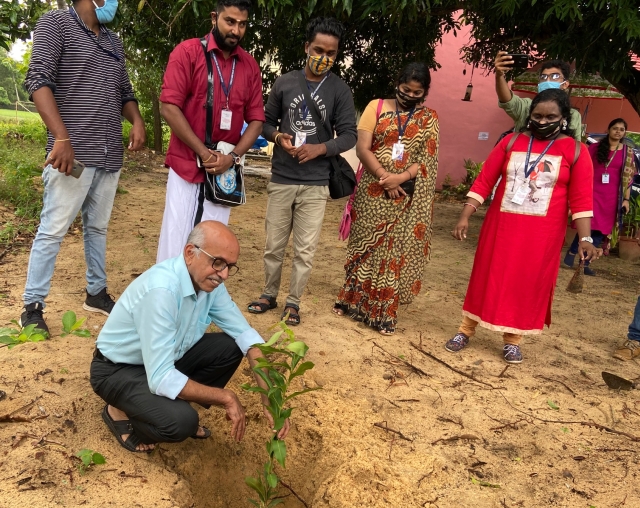
Many things grow in Pallium India. Love, compassion, care. But also a rich environment.
On World Environment Day June 5, 2020, volunteers from Signature of Nishangandhi, Prajaahita, Red Cross and Kerala Association of professional social workers (KAPS) joined hands with Pallium India to plant trees on Pallium India’s premises.
The trees were planted by Dr. Rajagopal (chairman, Pallium India), Dr. Sunil (additional director, Pallium India) and Ashla Rani (Pallium India trustee & Executive Assistant to the Chairman).
Video of the Month
On June 2, 2020, Pallium India in collaboration with IHW Council, organized an online webinar on the topic “Key role of Palliative Care in COVID19 Era and Beyond”.
Hosted by Kamal Narayan Omer – CEO, IHW Council, the webinar was conducted in two sessions addressing the two important aspects of the role of palliative care in COVID19.
Watch the video: https://youtu.be/FHISS6wyeCc
Read more about this webinar: https://palliumindia.org/2020/06/pallium-india-ihw-palliative-care
For more videos, please subscribe to Pallium India’s youtube channel: https://www.youtube.com/channel/UCTNWffD5VtKBstQ1jCN8aBQ
Lissy Rajan retires: Does she, really?
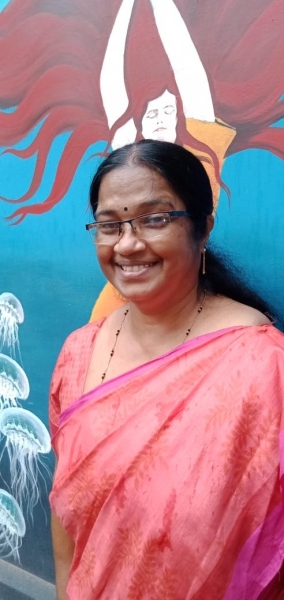
Chairman of Pallium India, Dr M R Rajagopal writes:
In the new palliative care initiative in Calicut in the 1990s, Mr Asoka Kumar was the first volunteer. He was one of the founders of the organisation Pain and Palliative Care Society (PPCS) in 1993. When we started a multidisciplinary one-room palliative care outpatient clinic within Medical College Hospital on 01 January 1994, we had two full-time volunteers – Meena and Lissy Rajan. They continued as volunteers for many years and then became staff members.
At the mandatory age of retirement, Lissy has retired officially from Institute of Palliative Medicine at Calicut on 30 June 2020.
I rang her up on the eve of her retirement. What are your plans, I asked.
She was a bit vague, and seemed a bit at a loss, but from her words I got the general plan. A staff member would have a mandatory retirement age; but not a volunteer. Lissy cannot easily stay away. I think it is going to be just a few days or weeks. Lissy is going to be back in palliative care as a volunteer; she is the kind who gets her meaning of life from the relief that people in suffering get.
Best wishes Lissy. May your tribe increase.
IN OTHER NEWS…
Global Palliative Care: Reports from the Peripheries – new book by Katherine Pettus
Making critical care in India relevant and humane
Why this doctor’s phone is her coronavirus helpline
PARTING SHOT
Moral determinants of health, social support and Women’s wing of FOMAA
On your palliative care home visit, if – no, not if – when you find someone starving, would you just dish out several tablets, explain that some have to be taken after food, and leave?
Does it not become a joke if you consider it your duty to dispense the tablets; but not doing anything about the starvation?
Read Dr Donald Berwick’s viewpoint – The Moral Determinants of Health
Then decide whether to leave the tablets and walk away, or send them a food kit to last a month.
That is what we do in Pallium India. We not only treat pain and other symptoms, our volunteers and social workers take the lead to fix roofs, get wells dug, ensure food supply for the starving and get the children to school. And for many gender-based issues we have the support of Women’s wing of FOMAA (Federation of Malayalee Associations of America) that we had reported to you in April 2019.
Dr Sarah Easaw, thank you for initiating it, and all at FOMAA, thank you for your support. And volunteers and social workers in Pallium India, we are so very proud of you.
(Images: Roof fixed and borewell dug by Pallium India’s volunteers and staff)
